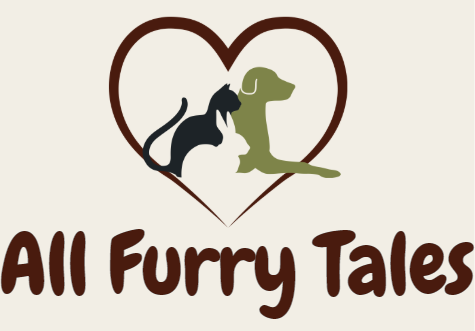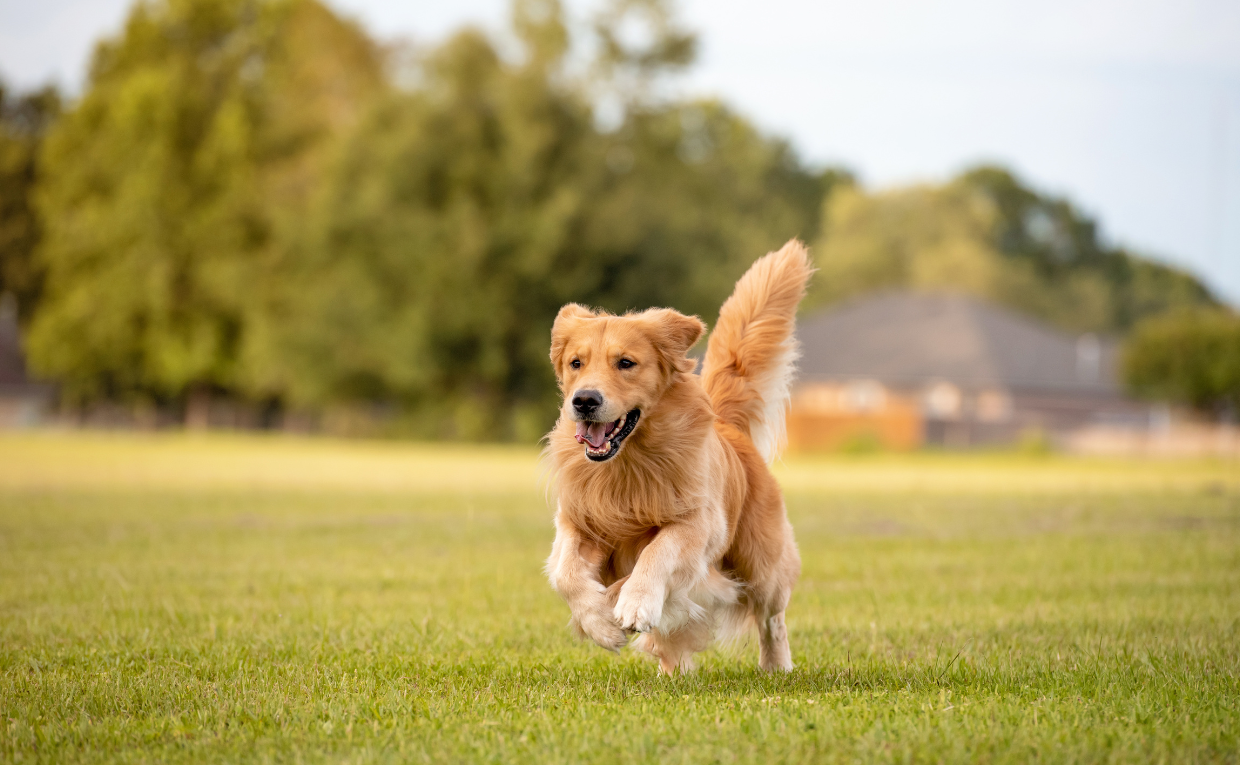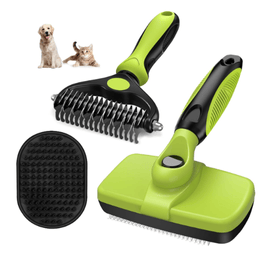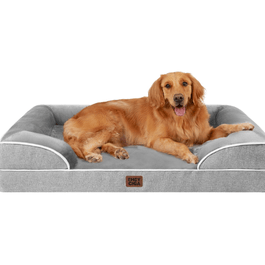Golden Retriver

Golden Retriever :The Heart of Companionship
Few dog breeds capture the essence of joy, loyalty, and companionship quite like the Golden Retriever. Born in the misty hills of 19th-century Scotland, just like the Border Collie, these radiant dogs were bred not only to work but to connect — to look into your eyes and see your soul. They’re more than just family pets; they’re playmates, therapy companions, emotional anchors, and in many cases, heroes. From suburban homes to search-and-rescue missions, Golden Retrievers continue to prove that kindness can be both powerful and purposeful.
Today, they stand among the most recognizable and adored breeds on the planet. Their gleaming coats, intelligent expressions, and ever-wagging tails make them symbols of unconditional love. If you’ve ever dreamed of sharing your life with a dog who radiates warmth in every gesture, the Golden Retriever will fill that role — and your heart — completely.
Breed Overview and History
The Golden Retriever’s story begins in the late 1800s at the Guisachan Estate in Scotland, where Lord Tweedmouth sought to develop the ideal retriever for hunting waterfowl. He crossed the now-extinct Yellow Wavy-Coated Retriever with the Tweed Water Spaniel, and later added Irish Setter and Bloodhound lines to refine the breed’s tracking ability and temperament. What emerged was a dog with a golden heart and boundless intelligence — equally at home in the field or by the fireside.
Their reliability in retrieving game over rough terrain, combined with their gentle nature, quickly gained admiration. The breed gained official recognition by The Kennel Club (UK) in 1913 and by the American Kennel Club in 1925. After World War II, returning soldiers brought the breed to North America, where their intelligence and empathy led them into service as guide dogs, therapy dogs, and beloved family pets.
Today, Golden Retrievers rank consistently among the top three breeds in the United States, Australia, and the UK. They represent the best of canine companionship — loyal, adaptable, and always ready for adventure.
Appearance and Physical Characteristics
Golden Retrievers possess a combination of strength, elegance, and athletic grace. Males stand 23–24 inches tall at the shoulder, while females are slightly smaller at 21.5–22.5 inches. Their bodies are symmetrical and well-balanced, built for endurance and swimming, with a deep chest, straight back, and powerful legs.
The breed’s hallmark feature is its dense, water-resistant double coat, which helps them thrive in wet or cold environments. Coat colors range from light cream to rich gold, each shade glowing in sunlight. The outer coat is long, wavy, and feathered along the legs and tail, while the undercoat is soft and insulating.
Their heads are broad with friendly, dark brown eyes that seem to express empathy and intelligence. Their tails are full and carried level with the back, wagging freely to communicate affection and excitement. Every motion feels fluid and cheerful — a reflection of the breed’s harmonious nature.
Temperament
- Friendly, intelligent, gentle, loyal, affectionate
Size
- Medium to Large
Compatible With
- Families with children
- Other Dogs and Pets
- Active individuals and seniors
Coat Type and Colours
- Double coat – dense, water-repellent outer coat with a soft undercoat
- Light Golden
- Golden
- Dark Golden
Energy Level
- Moderate to High
Origin
- Scotland
Grooming Needs
- Moderate to High (regular brushing, seasonal shedding)
Lifespan
- 10 to 12 years
Temperament and Personality
Golden Retrievers are the definition of a balanced temperament — confident yet gentle, playful yet patient. They are deeply attuned to their humans, capable of sensing moods and adjusting their behavior accordingly. This emotional intelligence makes them one of the best therapy and assistance dogs in the world.
With Family and Children
Their devotion to family is unmatched. They form strong bonds with every household member, showing patience even with toddlers. Because of their gentle mouth and calm demeanor, they’re often called ‘nanny dogs’ — always watchful, never aggressive.
With Other Pets
Goldens are remarkably social and friendly toward other animals. Early socialization ensures smooth coexistence with cats, rabbits, and other dogs. Their cooperative instincts make them natural peacemakers in multi-pet homes.
Potential Challenges
While they’re among the easiest breeds to love, Golden Retrievers are also sensitive. They can experience stress or destructive behavior if left alone for long hours. Without exercise, they may become restless or overweight. Consistency, companionship, and stimulation keep them happy and well-adjusted.
Behavioral Insights and Famous Examples
Golden Retrievers consistently rank within the top five smartest dog breeds. They understand up to 200 words and can learn complex sequences with minimal repetition. Their motivation to please makes them highly trainable for roles in search-and-rescue, therapy, and assistance programs.
Their “soft mouth” is a signature trait — they can carry eggs or delicate objects without breaking them. This characteristic, once essential for retrieving hunted game, now manifests as gentle play or the sweet habit of carrying their favorite toy wherever they go.
Famous examples of the breed include:
- Liberty — President Gerald Ford’s loyal companion, often seen greeting visitors at the White House.
- Buddy — the star of the ‘Air Bud’ film series, showcasing the breed’s intelligence and agility.
- Bretagne — the last surviving 9/11 search-and-rescue dog, honored for her service and dedication.
Each story reflects the Golden Retriever’s extraordinary ability to combine intelligence, bravery, and unconditional affection.
Is Golden Retriver Right for You?
Ideal for:
- Active households that enjoy outdoor adventures
- Families with Children
- People seeking emotional support or therapy dogs
Not Ideal for:
- Owners with limited time or sedentary lifestyles
- Homes where the dog will be left alone for extended hours
If your home is filled with laughter and your heart with patience, the Golden Retriever will reward you with unwavering devotion.
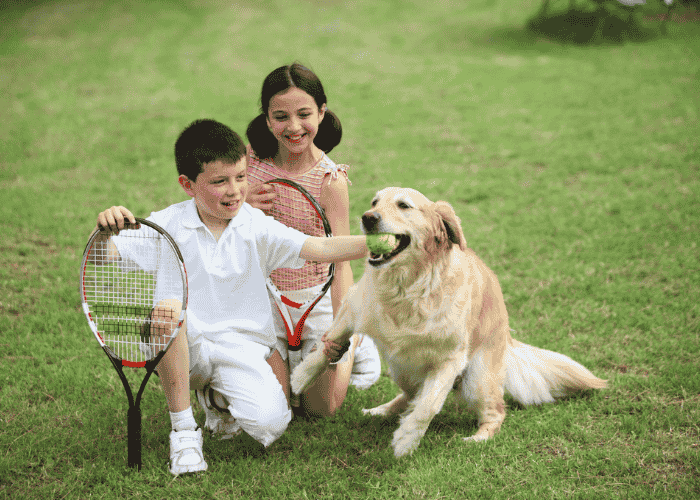
Training, Exercise and Mental Stimulation
Training a Golden Retriever is a joy — their eagerness to please and natural curiosity make them fast learners. Consistency, positivity, and gentle correction form the foundation of success.
Training Approach
Start early with obedience, leash manners, potty training, and socialization. Reward progress with treats, affection, or playtime. Avoid harsh tones — they respond better to encouragement than punishment. Games like hide-and-seek, agility courses, or retrieving named toys keep their minds active.
Exercise Needs
Goldens need at least 60–90 minutes of physical activity daily. Ideal routines include long walks, swimming, hiking, or fetch sessions. Mental exercise — puzzle toys, scent games, and trick training — is equally vital. Without it, they may develop anxious behaviors like excessive barking or chewing.
Remember: a mentally and physically stimulated Golden is calm, focused, and content.
Feeding and Nutrition
Nutrition plays a key role in the health and longevity of Golden Retrievers. They thrive on balanced diets high in lean proteins, moderate fats, and essential nutrients.
For adults, 1,200–1,500 calories per day are sufficient depending on activity level. Puppies may require three smaller meals daily to support growth. Include sources like chicken, lamb, salmon, or beef for muscle health, and supplement with omega-3 fatty acids for skin and coat vitality.
Obesity is a common concern; measure portions carefully and avoid over-treating. Senior Goldens benefit from joint supplements such as glucosamine and fish oil to support mobility.
Grooming and Coat Care
Golden Retrievers’ beautiful coats demand consistent care. Brush three to four times weekly with a slicker or bristle brush to remove loose hair and distribute oils. During spring and fall shedding seasons, daily brushing prevents matting.
Bathing every six to eight weeks keeps their coats radiant. Use a gentle, pH-balanced shampoo to maintain skin health. Dry thoroughly, as trapped moisture can lead to skin irritation or hot spots.
Trim nails monthly, inspect ears weekly for wax or infections, and brush teeth three times per week with canine-safe toothpaste. Professional grooming every 6–8 weeks ensures their coat stays manageable and tangle-free.
- Brush 3–4 times per week to manage shedding
- Professional grooming every 6–8 weeks
- Regular teeth cleaning for oral health
- Check and clean ears to prevent irritation
- Grooming routine keeps Border Collies healthy, shiny, and comfortable
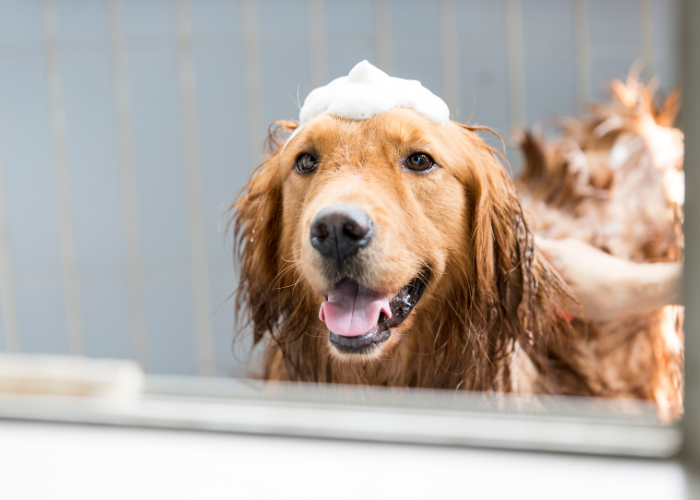
Health & Common Issues
Golden Retrievers are generally robust, but selective breeding has made them prone to certain conditions. Responsible breeders test for hereditary diseases to maintain healthy lines.
Common Health Concerns
- Hip and Elbow Dysplasia — Maintain a healthy weight and avoid overexertion in puppies.
- Cancer — Hemangiosarcoma and lymphoma are leading causes of death in the breed.
- Heart Disease — Subvalvular aortic stenosis can develop in young adults.
- Eye Disorders — Cataracts and PRA affect vision with age.
- Skin Allergies — Regular grooming and a balanced diet reduce risks.
Preventive Care and Lifespan
Routine vet visits, annual bloodwork, and balanced nutrition can extend life expectancy to 12 years or more. Exercise and mental engagement help maintain muscle tone, joint health, and happiness.
Living With a Golden Retriver
Living with a Golden Retriever feels like living with perpetual sunshine. They radiate warmth and thrive on inclusion. They’ll follow you from room to room, always eager to be part of whatever you’re doing.
Their adaptable nature makes them perfect companions for city apartments or country homes, provided they get regular exercise. They fit seamlessly into family life — whether chasing balls in the yard, joining road trips, or curling up at your feet.
However, Goldens dislike solitude. Loneliness can lead to anxiety or excessive barking. Interactive play, family walks, and affectionate attention ensure their emotional well-being.
Owner Stories and Real-World Experiences
Our Golden, Max, wakes me up every morning by placing his favorite toy next to my bed — as if saying, ‘It’s time to smile again– Olivia, Melbourne
When our son was recovering from surgery, Luna never left his side. She knew exactly when to comfort and when to play.– Harper, Sydney
Our senior Golden, Cooper, still loves swimming at the beach. At 12 years old, he moves slower but his heart is as bright as ever.– Mason, Brisbane
Border Collie vs Similar Breeds
- Labrador Retriever — More energetic and slightly shorter coat; both share affectionate temperaments.
- Flat-Coated Retriever — Sleeker, black coat and a more mischievous personality.
- Bernese Mountain Dog — Larger, protective, and calmer.
- Cavoodle — Smaller and hypoallergenic, but lacks the athleticism of a Golden.
- If your ideal dog is social, gentle, and loyal — with an endless capacity for love — the Golden Retriever remains the gold standard.
Frequently Asked Questions
Quick Reference Summary
If you’re skimming for a quick takeaway, here’s what to remember:
Breed Origin
Ideal Owners
Grooming Routine
Life Expectancy
Temperament
Exercise Needs
Common Health Issues
Final Woof
The Golden Retriever is more than a breed — it’s a legacy of kindness and devotion. They remind us daily of life’s simplest joys: companionship, laughter, and love. Whether they’re bounding through waves or resting their head on your lap, their presence brings serenity.
If you seek a partner who mirrors your emotions, protects your peace, and makes every day brighter, you’ll find that the Golden Retriever doesn’t just live with you — they live for you.
